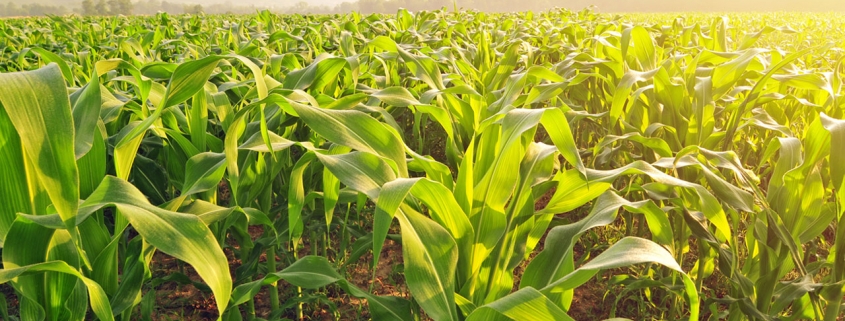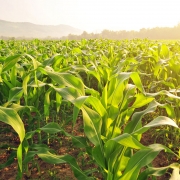EPA Supports Technology to Benefit America’s Farmers, Improve Sustainability
This original message was published by the EPA on September 2, 2020. Click here for more!
WASHINGTON (September 1, 2020) — In another effort to remove barriers to innovation, the U.S. Environmental Protection Agency (EPA) has proposed a rule that will streamline the regulation of certain plant-incorporated protectants (PIPs) that pose no risks of concern to humans or the environment. This action – which will be available for public comment for 60 days – delivers on a key directive under President Trump’s Executive Order on Modernizing the Regulatory Framework for Agricultural Biotechnology Products.
“This new rule will provide critical new tools for America’s farmers as they work to increase agricultural productivity, improve the nutritional value and quality of crops, fight pests and diseases, and boost food safety,” said EPA Administrator Andrew Wheeler. “Embracing this technology through a transparent, consistent and science-based process is long overdue, and will secure benefits to American agriculture well into the future.”
Specifically, EPA is proposing exemptions under the Federal Insecticide, Fungicide and Rodenticide Act (FIFRA) and the Federal Food, Drug and Cosmetic Act (FFDCA) for certain PIPs created through biotechnology. The Agency has preliminarily determined that these substances meeting the exemption criteria have no risks of concern to humans or the environment.
EPA’s proposed exemptions for PIPs created through biotechnology seek to facilitate the development of new tools for American farmers to protect their crops and control agricultural pests. By reducing antiquated regulations that restrict access to the market for biotechnology products, these types of agricultural innovations will become far more accessible to American farmers. These improvements will have the potential to increase America’s food supply.
PIPs are pesticidal substances produced by plants and the genetic material necessary for the plant to produce the pesticidal substance. The existing regulatory exemption for PIPs is limited to those created through conventional breeding. The proposed exemption would allow for PIPs created through biotechnology to also be exempt from existing regulations if they 1) pose no greater risk than PIPs that meet EPA safety requirements, and 2) could have been created through conventional breeding.
Under the proposed exemption, EPA would require developers of PIPs to submit either a self-determination letter or a request for EPA confirmation that their PIP meets the criteria for exemption. For increased flexibility in bringing PIPs to market, a developer could also submit both.
To learn more about the proposed exemption and to submit comments visit: https://www.epa.gov/regulation-biotechnology-under-tsca-and-fifra/pesticides-exemptions-certain-plant-incorporated




